Biology Scientist’s Failure Before Success – Famous Biologists and their success story, arising from their failures.
A word that most people dread – Failure. Who doesn’t want to be successful? Everyone does. We want to be liked and admired. But the fear always pops up Failure and its experience is strong enough to make you want to quit and start a new life. It is no different for any scientist or anyone trying to make something special out of their life. Success takes effort and time. We may fail many times before we are successful. Anybody who has become successful, definitely they will experience failure at any aspect of their journey.
Many years ago, Charlie Sheen said that to overcome the obstacles and persevere after failure, “winners” always find one way or the other. There is no need to avoid failure. Failure is a chance to learn and know that something does not work! Reaching the destination is not always what defines a person, it is the journey that is taken to get there. The people with the biggest successes are the people who have gone through the biggest failures. If you are struggling in your work/opportunities, do not be afraid to
try things that are “new” or “different” and perhaps even fly in the face of conventional wisdom. The worst thing that can happen is a failure, which is just a chance to learn and grow.Here is a brief on the famous biologists, who had their own share of failure in their journey of becoming one among the greatest minds and among the successful biology scientists.
Charles Darwin (1809–1882)
Famous For: Theory of Evolution
Darwin kept silent for 20 years before going public and was only half-joking when he described writing his book ‘On the Origin of Species’ as ‘like confessing a murder’. He had done years and years of research and had pages of theory written but yet, he struggled to go public initially as he feared failure. Yet, Darwin did not give up and overcame the fear and finally went public with all his research and eventually became successful with his research. After attending the University of Cambridge and taking up medicine at the University of Edinburgh in Scotland, Darwin was considered a naturalist. As a biologist, he proposed the concept that “all species of life” came from a single source. His theory of evolution marked the beginning of the discussion on natural selection. In On the Origin of Species (1859) book, he finally gave his theory full public expression.
Gregor Mendel (1822-1884)
Famous For: Modern Genetics
Born to a family with limited means in German-speaking Silesia, Mendel was raised in a rural setting. He did not have an easy life as his family could not support him sufficiently due to which his initial days away from home were hard. To make ends meet, he tutored other students and he suffered serious depression twice and had to return home to recover. He worked in the community in Bruno and in 1849 his work here had exhausted him to the point of illness, because of which Mendel was sent to Znaim, to fill a temporary teaching position. But here he failed a teaching certification exam and in 1851, at the monastery’s expense to continue his studies in the sciences, he was sent to the University of Vienna. In 1856, he again attempted the teacher exam but the event caused a nervous breakdown and a second failure. Despite all his failures, Mendel’s research continued over as many as eight years (between 1856 and 1863) and involved tens of thousands of individual plants. He wrote “Experiments on Plant Hybridization” successfully, and paved the way for biology students to study genetic traits in peas. During his experiments, Gregor found that a specific trait would be dominant over other traits in the same species. This became to be recognized as the Mendelian inheritance.
Louis Pasteur (1822–1895)
Famous For: Created the process of pasteurization for treating milk and wine
Louis Pasteur was only a mediocre pupil in undergraduate studies and ranked 15th out of 22 students in chemistry and yet he became a professor of chemistry at the University of Strasbourg, in 1848. Here, he met Marie Laurent and they wed and had five children, though only two survived a childhood as they suffered from illness and there was a lack of treatment. Suffered from his personal loss, he was led to study the cause of incurable diseases and he came up with pasteurization. Pasteur’s first vaccine discovery was in 1879 with a contagious disease called chicken-cholera. Pasteur continued to extend his “germ theory” to formulate vaccinations for various diseases including anthrax, smallpox, and cholera. In 1872, Pierre Pachet, Professor of Physiology at Toulouse, wrote that “Louis Pasteur’s theory of germs is ridiculous fiction.” He did not let this bother him and he focused on his success. As one of the founders of medical microbiology, Louis Pasteur’s education in the field of chemistry and microbiology may be credited with his success. His germ theory of disease became the catalyst to his process we know as pasteurization.
Robert Hooke (1635–1703)
Famous For: Coined the term “cell”
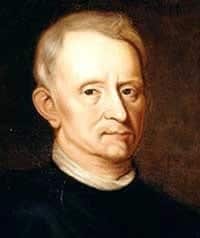
His work included the application what is known today as Hooke’s law, his use of microscopy, and for the discovery of the “cell” in 1665 using cork and a microscope.
Edward Jenner (1749–1823)
Famous For: Creating the first effective vaccine for smallpox
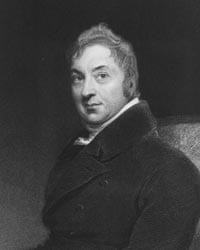
Robert Brown (1773–1858)
Famous For: Discovered the cell nucleus
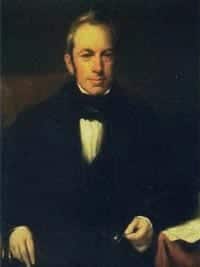
Antonie van Leeuwenhoek (1632–1723)
Famous For: The Father of Microbiology
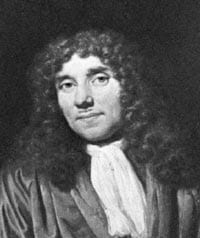
Joseph Lister (1827–1912)
Famous For: Using antiseptics for cleaning and sterilizing wounds
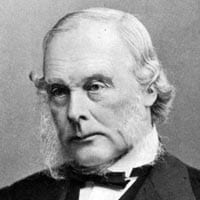
Salim Ali (1896 –1987)

Har Gobind Khorana(1922 – 2011)

“I have not failed. I’ve just found 10,000 ways that won’t work.” – Thomas A. Edison
All these people did not just fail, but they failed on a massive scale, and yet, they will be viewed as successful people in history because they bounced back and succeeded in the end without giving up.
One of the important lessons for becoming a successful scientist is to learn to never give up. Not just scientists, be it anything in life, nothing comes without any failures. You need to try, you need to fail, you need to learn from the failure, you need to try again, and this could go on for a number of times until eventually, you achieve and become successful.
“Only those who dare to fail greatly can ever achieve greatly.” – Robert F. Kennedy
In all of our lives, there are many such instances where we are being denied a position or job or we did not succeed at something we tried. The same happened with all of the great minds in history, but they emerged as super-achievers after a long struggle. With all these events, we can interpret the great secret of nature – failure is greater than success. You become content when you gain success, but failure can give you the experience and will teach you the most valuable lessons in life, motivating you to fight hard and win. There will be qualities unfolded in you that do not appear under normal circumstances when you start to struggle more than you normally do. Thus, for achieving great success, failure works as a stepping stone.
Editor’s Note: Biology Scientist, Biology Scientist’s Failure Before Success, Biology Scientist’s Failure Before Success, Biology Scientist’s Failure Before Success, Biology Scientist, Biology Scientist’s Failure Before Success, Biology Scientist’s Failure Before Success.


























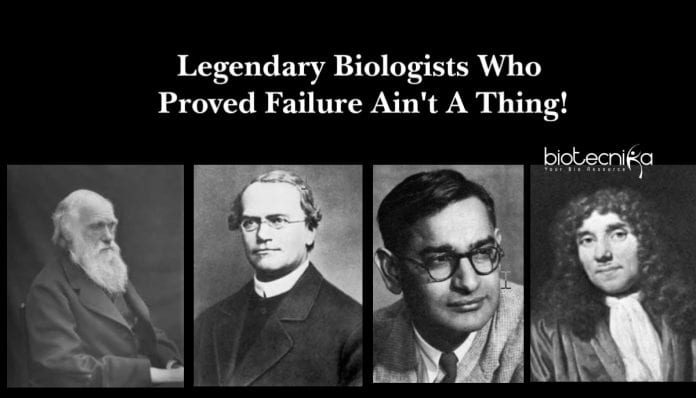

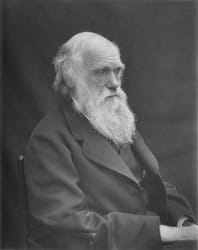
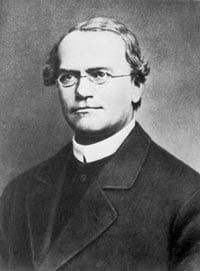
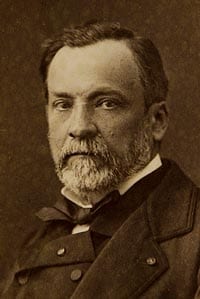


nice
Nice! Inspiring article.
Too great…too inspiring
Inspiring and well written…..Thanks